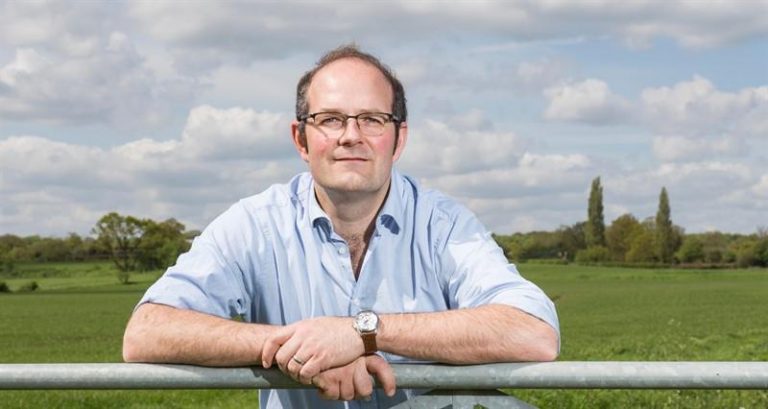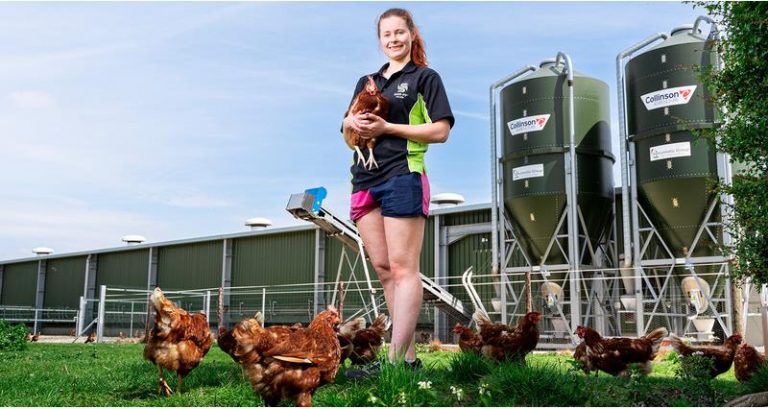Allenby Commercial considers moves towards the dark side…
Sheffield Forgemasters contracts Northern Combustion Systems
Farmers tell the Chancellor what they need from her first budget
Solar and batteries futureproof Lincolnshire poultry operation
Sheffield gets £21m to change face of the city centre for businesses
British Steel used in airport’s logistics development
Steel sections made by British Steel have been used to build Unit D at Business Park South at Teesside International Airport.
Business Park South is expected to create up to 4,400 jobs when fully operational, with 2.8 million square feet of logistics, distribution and industrial opportunities south of the runway.
Ben Cunliffe, Commercial Director, Construction, said British Steel, which operates at Scunthorpe and Teesside, had a vital role to play in supporting the economic growth of the region, and the wider UK. “Projects like this demonstrate our commitment to manufacturing the high quality products our customers require.”
Tees Valley Mayor Ben Houchen, said: “As mayor I’ve always said I’d ensure British workers and materials would be at the heart of our region’s redevelopment.
“Seeing steel from our own Teesside Beam Mill used in the construction of the new Business Park South at the airport is the latest example of that commitment. This project isn’t just about expanding our airport – it’s about supporting local businesses like British Steel, creating new jobs, and showcasing the strength of our region’s industry.”
Teesside Airport MD Phil Forster said: “We are hugely proud that sections from British Steel have been used in the first unit on our Business Park South.
“We have always been clear that the expansion of the airport as a business location will not only benefit the airport itself but also support fantastic companies such as British Steel employing local workers – and this a great example of this in action.”
Supporters of new multi-million-pound youth zone visit construction site to see progress
Felling protected tree costs Goole property developer more than £6,000
Rotherham-based land regenerator opens woodland creation scheme
Rotherham-based Harworth Group has opened the Chevington North Woodland Creation Scheme, a natural space it says represents a major milestone in its commitment to sustainability and environmental stewardship.
The plantation, in Northumberland, covers 200 acres and is home to a 108,000 newly-planted trees to enhance biodiversity and create a haven for wildlife and the local community.
Chris Warren, Director of Natural Resources at Harworth, said: ” The opening of Chevington North is an example of how Harworth regenerates land for the benefit of communities and the environment. The woodland will create a beautiful space for the local community to enjoy whilst also supporting environmental sustainability.” Chevington North has an even split of native and evergreen trees, with the project also delivering habitat creation adjacent to the existing stream on the site and public access via an extensive network of permissive footpaths. Harworth secured grants from the Forestry Commission’s Woodland Creation Planning Grant (WCPG) and England Woodland Creation Offer (EWCO) to support the delivery of the project. The tree-planting initiative is part of Harworth’s ongoing efforts to transform former industrial sites into vibrant spaces that benefit both nature and people, and this is just one example of the steps Harworth is taking to deliver its Net Zero Pathway and achieve its ambition to become operationally Net Zero by 2030.











